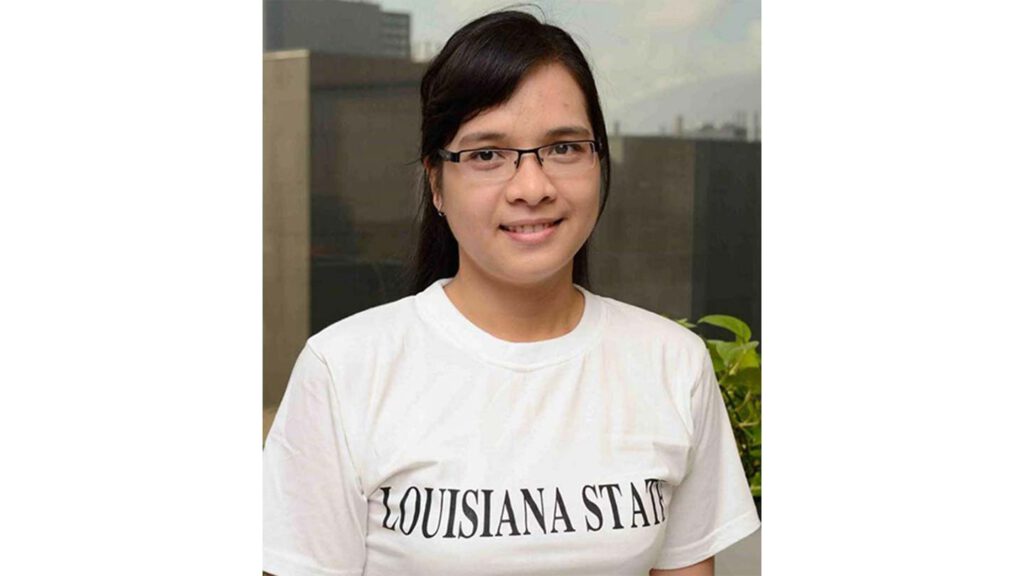News
Tulane Center for Brain Health Will Specialize in Care for Veterans

Veteran-focused program created to address the unique medical needs
NEW ORLEANS – Tulane Medical Center is launching the Tulane University Center for Brain Health, a veteran-focused program created to address the unique medical needs of members of the armed forces. The center will provide care for military veterans of any discharge status and specialize in the treatment of Traumatic Brain Injury (mTBI) and post-traumatic stress disorder. Dr. Gregory Stewart, the W. Kennon McWilliams Professor of Sports Medicine in Orthopaedics and co-founder and co-director for the Tulane Center for Sport, will oversee a staff of over 30 doctors, specialists and experts.
For veterans such as Chad Hennings – a three-time Super Bowl Champion with the Dallas Cowboys and military veteran of the United States Air Force – having a program like the TUCBH is crucial for life after the military.
“It is very important for veterans to have the kind of medical access that Dr. Stewart and his group will be offering, particularly for veterans that have fallen through the cracks or that don’t fit necessarily within the VA system, based upon how they’ve separated from their branch of military service,” Hennings said. “These are individuals who have served and many times, through extenuating circumstances, are separated due to potential injury. Dr. Stewart and his staff can address those needs and bring that individual back to be a contributing member of society and our community. This is a program that needs to be taken advantage of by veterans.”
According to the Defense and Veterans Brain Injury Center, 413,858 service members were diagnosed with Traumatic Brain Injury from 2000-2019. The mission of the TUCBH is to aid in the healing, recovery and preventive treatment of veterans by treating the whole veteran and providing the most comprehensive and multidisciplinary care.
The process includes an interdisciplinary diagnostic evaluation, an intensive outpatient program, discharge planning and patient follow-up for at least one year.
During a three-day diagnostic evaluation, veterans will meet the care team and participate in one-on-one evaluations with specialists. Patients are provided with an individualized treatment plan administered by the veteran’s care team or through Tulane’s Intensive Outpatient Program at the conclusion of the evaluation.
Veterans returning to Tulane for treatment will spend three weeks in various IOP programs, including behavioral health, speech and language, physical therapy, neurology, pharmacology, case management, canine, yoga and other alternative therapies.
Operation Bootstrap is the inaugural sponsor support program for TUCBH. The program will feature unique opportunities for individuals and organizations to support the mission and care of the veterans.
TUCBH will rely on outside support and donations, which enables the group to focus resources on the veterans’ clinical treatment and medical needs. All services are provided free of charge to the veteran.
Additional opportunities for individuals to support veterans come in the form of canine-assisted therapy through the “Canine Companion Fund.” Evidence suggests that ongoing animal-assisted therapy can benefit veterans in need by improving their emotional, mental and physical well-being. Through this fund, TUCBH can support the training, day-to-day care and health of the canine companions.
TUCBH has partnered with the Jung Hotel and Residences for the “Sleep Well, Eat Well, Be Well” initiative. Veterans are encouraged to stay during their evaluation or treatment and will be provided with lodging, meals, laundry and other comforts for the duration of their treatment.


